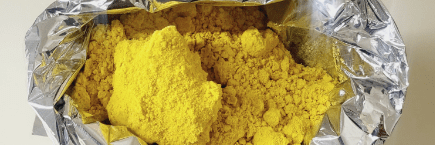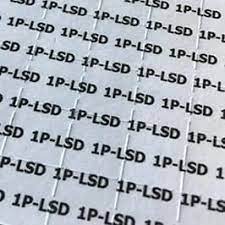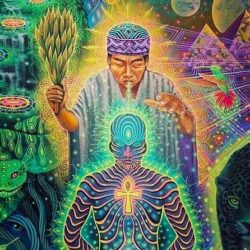Hallucinogens
====== Hallucinogens ======
Hallucinogens: A Guide to Understanding Their Effects and Risks
Hallucinogens are a class of psychoactive drugs that alter perception, mood, and consciousness. They can produce a wide range of effects, from mild changes in perception to intense hallucinations and altered states of consciousness.
Some of the most common types of hallucinogens include:
- LSD (lysergic acid diethylamide)
- Psilocybin (found in magic mushrooms)
- DMT (dimethyltryptamine)
- Mescaline (found in peyote)
- Ketamine
Hallucinogens can be taken orally, smoked, or injected. The effects of a hallucinogen can vary depending on the dose, the individual’s personality and mental health, and the setting in which the drug is taken.
Effects of Hallucinogens
The effects of hallucinogens can range from mild to intense. Some of the most common effects include:
- Changes in perception
- Hallucinations
- Altered states of consciousness
- Euphoria
- Mood swings
- Anxiety
- Paranoia
Hallucinogens can also cause physical effects, such as:
- Increased heart rate
- Dilated pupils
- Nausea
- Vomiting
Risks of Hallucinogens
Hallucinogens can be dangerous, and they can have a number of negative side effects. Some of the most serious risks include:
- Bad trips
- Drug-induced psychosis
- Flashbacks
- Addiction
Bad trips are one of the most common risks of hallucinogen use. A bad trip can occur when a person takes too much of a hallucinogen, or when they take it in a setting that is not conducive to a positive experience. Bad trips can be characterized by anxiety, paranoia, hallucinations, and delusions.
Drug-induced psychosis is a more serious risk of hallucinogen use. Drug-induced psychosis is a temporary psychotic episode that can occur after taking a hallucinogen. Symptoms of drug-induced psychosis can include hallucinations, delusions, disorganized thinking, and impaired judgment.
Flashbacks are another risk of hallucinogen use. Flashbacks are sudden, brief recurrences of the effects of a hallucinogen. Flashbacks can occur days, weeks, or even months after a person has taken a hallucinogen.
Addiction is a rare risk of hallucinogen use. However, people who use hallucinogens frequently may develop a tolerance to the drug, which can lead to them taking higher and higher doses to achieve the same effects. This can increase the risk of side effects, including addiction.
Conclusion
Hallucinogens can be powerful drugs with a variety of effects. They can be used for spiritual or recreational purposes, but they can also be dangerous. It is important to understand the risks of hallucinogens before taking them.
Secondary keywords:
- Hallucinogens
- LSD
- Psilocybin
- DMT
- Mescaline




